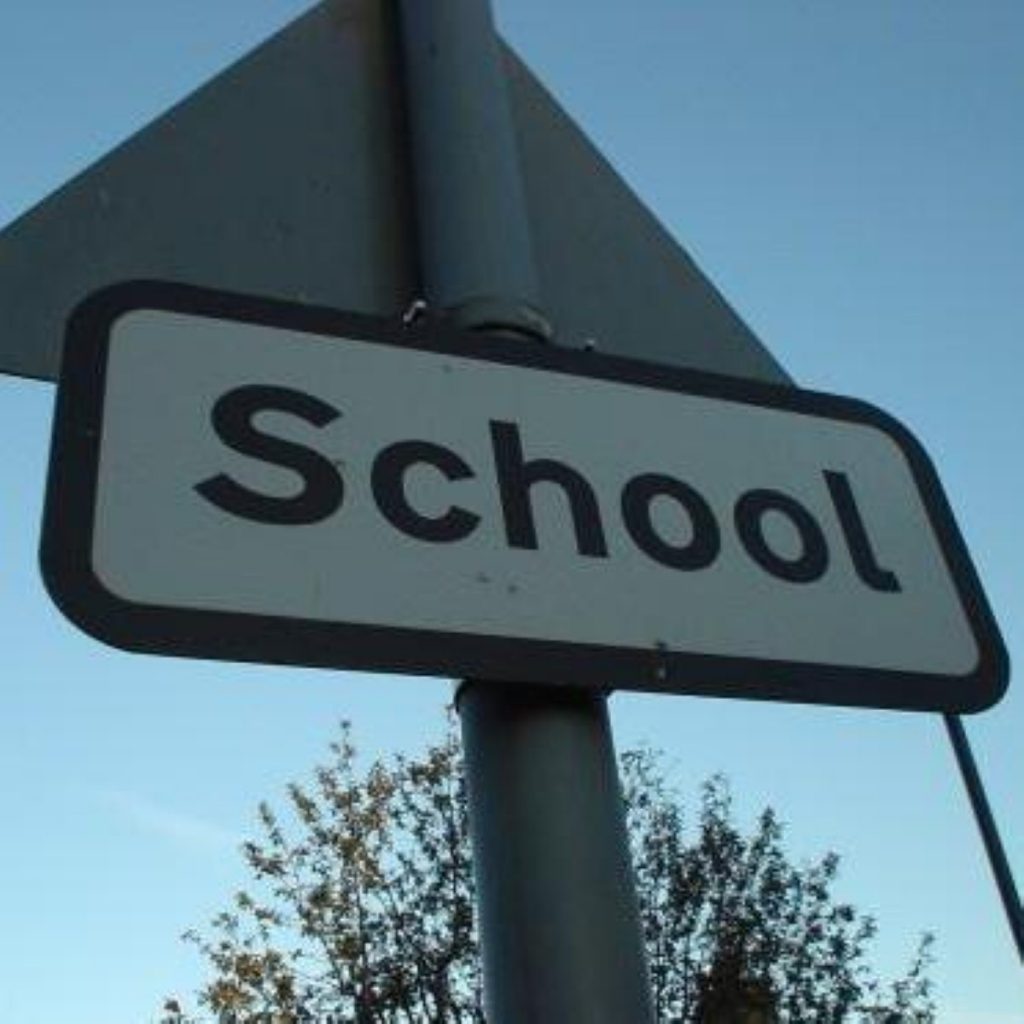Tories warn of ‘education apartheid’
England is facing an “education apartheid” as private school pupils increasingly study for different exams than those in the state sector, David Willetts has warned.
The shadow education secretary argued a lack of confidence in GCSEs and A-levels means many independent schools were turning to exams such as the IGCSE, the pre-U or the international baccalaureate (IB) to stretch their pupils.
But because these exams are not available in most state schools, Mr Willetts warned a “worrying divide is opening up in British education” that could lead to a bigger gulf between state and private schools than there had been in a generation.
“Gordon Brown may want to match the funding of public schools, but he still keeps denying state school pupils the right to study the subjects and to sit the exams that they value. We must tackle this,” he said.


“The basic principle should be that pupils in maintained schools have the same entitlement to study subjects and sit exams as in the private sector.”
He was speaking to an education conference at Wellington College, which is set to introduce the IB for its sixth-formers from autumn 2008. The head teacher there, Anthony Seldon, earlier this year said confidence was “leaching out” of the A-level system.
The IB, based on the French baccalaureate system, requires students to study a whole range of subjects rather than the three or four required in A-levels. There are currently 93 schools in the UK offering some kind of IB examination.
Another alternative to A-levels currently being developed by the University of Cambridge international examinations is the pre-U, which aims to provide “exciting syllabuses that are stimulating to teach”. They will be ready by September 2008.
And at age 14, the international GCSE (IGCSE) is offered by a number of independent schools as an alternative to traditional exams. Schools minister Lord Adonis recently announced a review into whether this should be offered in the state sector.
However, a comparison of IGCSEs and GCSEs in four subjects, English, French, maths and science, found the former was not suitable for state schools. It noted for example that the French IGCSE was unable to properly assess lower-attaining students.
But today Mr Willetts described this decision as “deeply disappointing”, adding: “The only way to reverse this drift to educational apartheid is by a clear principle that exams that are good enough for students in independent schools are good enough for students in maintained schools as well.”









